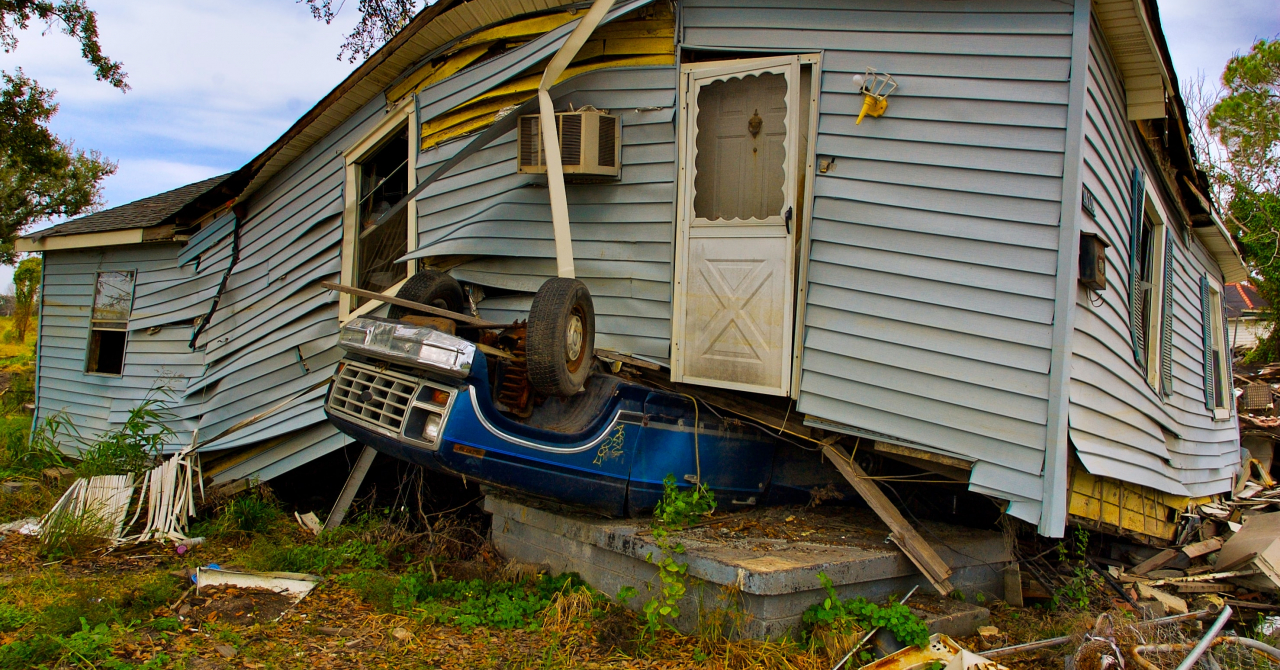Reuters reports that that the number of occurring disasters could reach 560 per year or more than one every day by 2030, whether they are natural, in the form of fires or floods, or man-made, such as pandemics or chemical accidents.
The UN's Office for Disaster Risk Reduction (UNDRR) said that these events could endanger millions of people.
Scientists warn that climate change is causing more extreme weather events, noting that human activity is not focused enough on the environmental impact side of things, leaving people unprepared in case of a disaster.
The same team of researchers also states that the impact of these disasters has been growing also due to the fact that human settlements are being built closer and closer to risk areas.
Natural or man-made disasters also affect developing countries more than they affect developed ones, taking 1% of the yearly GDP from the former, while the latter would lose 0.1% to 0.3%.
In fact, the Asia-Pacific suffers the highest damage from these events, losing about 1.6% GDP yearly.
"We must turn our collective complacency to action", said Amina J Mohammed, UN Deputy Secretary-General who presented the report at UN headquarters in New York.
Developing countries face the issue of under-insurance in case of those events, the report shows, as only 40% of disaster-related losses were insured since 1980, and in some cases, insurance coverage for developing countries were nearly zero.
Jenty Kirsch-Wood, coordinating lead author of the report, said that "the financial system really needs to get ahead of this curve, because otherwise there's a lot of built-up risk that isn't being priced into how we make decisions."
 Mihai - Cristian Ioniță
Mihai - Cristian Ioniță












Any thoughts?